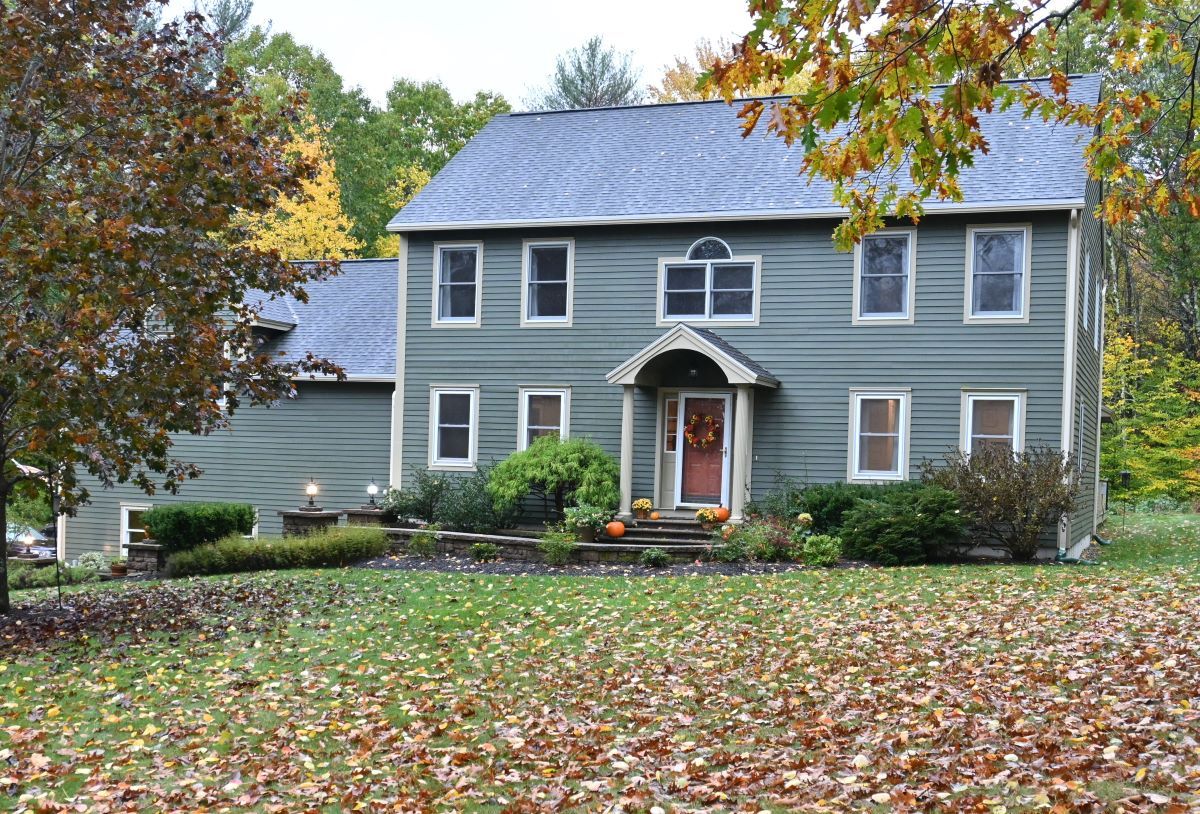Deciding Between Condos and Single-Family Homes: A Comprehensive Guide

Deciding between a condo and a single-family home is like stepping into a showdown of housing choices. Both have their shining qualities and factors to weigh in. As you dive into homeownership, the key is to understand what suits your preferences best.
Read on to learn the factors to consider when choosing between single-family homes and condos.
Location and Convenience
The location is a significant factor in deciding between a condo and a single-family home. Consider what's most important to you—being close to work, schools, outdoor areas, or vibrant city life. Condos typically sit in urban hubs, great for those who want easy dining, shopping, and entertainment access. Conversely, single-family homes provide a sense of community in residential neighborhoods of Maine, perfect for those who value personal space and peace.
Financial Considerations
Financial factors significantly influence the decision-making process. Condos usually present lower initial costs, appealing to budget-conscious buyers. However, accounting for monthly condo fees encompassing building expenses and amenities is crucial. Single-family homes might necessitate a higher upfront investment, yet ownership comes without additional fees. Calculating the numbers and assessing long-term expenses will guide you toward aligning with your financial objectives.
Freedom and Adaptability
Consider your current lifestyle and plans when choosing between a condo and a single-family home. A condo offering pools, gyms, and recreational spaces could be ideal if you appreciate socializing and value shared amenities. Conversely, a single-family home might suit you if you expect a growing family, seek more living areas, or simply desire the freedom to customize your residence as you see fit.
Maintenance
Maintenance is crucial, especially for those with busy schedules or a passion for DIY projects. Condos usually require less upkeep effort, as associations handle exterior upkeep and communal areas. On the other hand, single-family homes involve more personal responsibility, from caring for the yard to dealing with roof repairs. Assessing your comfort level with maintenance tasks and associated expenses will guide you toward a choice that aligns with your lifestyle.
Resale Value
The resale value of houses is closely tied to the broader housing market, whereas condo prices are more influenced by the prices of other units within the complex. Consequently, condo prices are more stable, with fewer potential highs and lows than the overall market. Homeowners enjoy more opportunities to enhance and potentially profit from improvements when selling their homes.
Mortgage Options
First-time homebuyers may find more mortgage options for single-family homes than condominiums, as the former is considered a more traditional investment. Some loan types impose additional lending restrictions for condos, often requiring the condo association to complete a comprehensive "condo questionnaire." This process aims to ensure financial stability and compliance with lending criteria.
Deciding between condos and single-family homes ultimately hinges on your unique preferences, lifestyle, and financial considerations. There isn't a universal solution that fits everyone. Your perfect choice arises from a thoughtful assessment of what matters most to you. An expert real estate broker can help you decide between a single-family home and a condominium. With decades of experience, Kelly Wentworth - Berkshire Hathaway HomeServices Northeast Real Estate can assist you in choosing the right home. Contact us now to learn more.

2024 All Rights Reserved | Kelly Wentworth
©2023 BHH Affiliates, LLC. An independently owned and operated franchisee of BHH Affiliates, LLC. Berkshire Hathaway HomeServices and the Berkshire Hathaway HomeServices symbol are registered service marks of Columbia Insurance Company, a Berkshire Hathaway affiliate. Equal Housing Opportunity. Equal Housing Opportunity
Berkshire Hathaway HomeServices Northeast Real Estate – 160 Broadway – Bangor – Maine 04401 – (207) 942-8261
Berkshire Hathaway HomeServices Northeast Real Estate offices serve the area surrounding the following communities: Auburn, Bangor, Belfast, Dexter, Ellsworth, Freeport, Newport, and Waterville.
Website Designed & Hosted by Maine Street Marketing, Inc., Saco Maine









